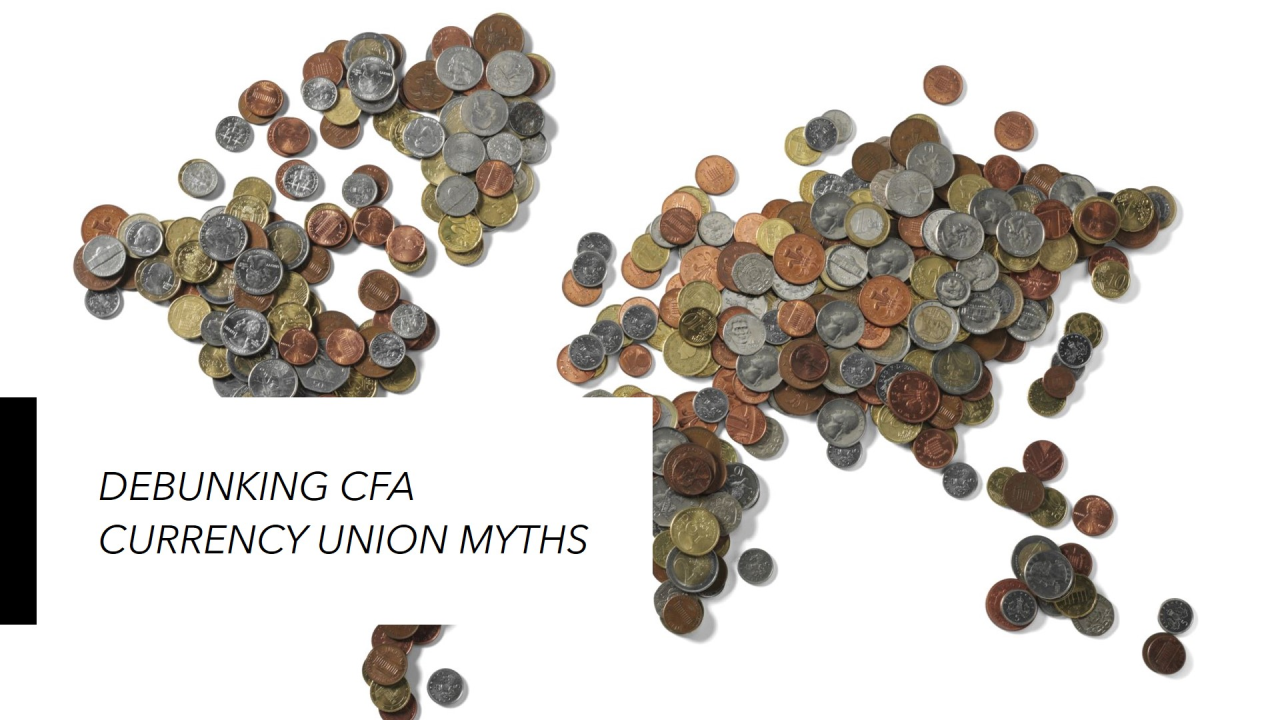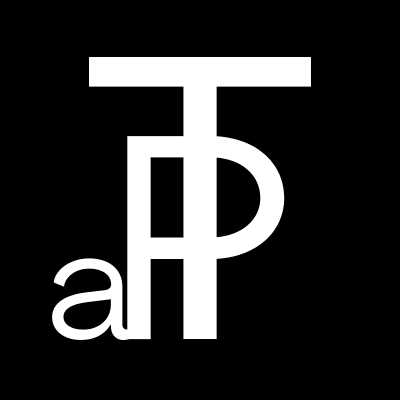In today’s dynamic geopolitical landscape, narratives are everywhere, and it’s crucial to know who is behind them and why. It often comes in handy to have someone external to blame for stagnation. Enter the CFA franc.
But let me start at the beginning: The CFA franc, a currency system pegging 14 African nations to the euro with France as a guarantor, has become a focal point for political debate and, unfortunately, misinformation.
The CFA Franc System
Established post-World War II, the CFA franc operates under two monetary unions: WAEMU (West African Economic and Monetary Union) and CEMAC (Central African Economic and Monetary Community), each with its own sovereign central bank (yes, France participates in board meetings and yes in it’s origin it was a colonial project).
Key Features:
Fixed Peg to the Euro: This ensures currency stability but limits devaluation as a policy tool. So far, so good. It turns out the CFA zone has experienced less inflation than the Sub-Saharan average.
Convertibility Guarantee: France’s treasury ensures the CFA franc’s convertibility, requiring 50% of foreign exchange reserves to be entrusted to France.
Critics question the system’s constraints on monetary sovereignty and its ability to stimulate growth. Fair enough. But let’s consider this: expecting any currency arrangement to foster growth in a region riddled with political turmoil, Russian influence, corruption, terrorism, and organized crime is a lot to ask.
Misinformation and Anti-French Sentiment
It turns out many educated people know shockingly little about money. Remember that Austrian survey from a few years ago, where 68% thought the euro was backed by gold? Similar misconceptions exist in Africa. Some of my collegues in the diplomatic service of african countries believe their “gold” is shipped to Paris. No, it isn’t. There is no gold backing the CFA franc—or most other currencies, for that matter. The CFA’s convertibility is backed by a French Treasury guarantee, not physical gold.
Recent articles, often from dubious sources in various languages, claim the existence of a “colonial tax.” In truth, reserve requirements are not money “taken” by France. They are a mechanism designed to impose monetary discipline. Whether the discipline is optimal is another debate.
Is the FCA Ideal?
By no means. A stable currency benefits those with jobs, but for the alarmingly high percentage of unemployed youth, a more inflationary tendency might help stimulate economic growth and job creation. But this only works when it is well-administered, and money creation goes into job creation—not into people’s pockets or elsewhere. And how likely would that really be?
Historical Influence and Present Reality
Has France abused its influence in the past? Perhaps. Arguments often focus on trade benefiting France—but shared language and history likely play a significant role. Was France an interest-free actor? Unlikely.
A Path Forward
The French connection is however what pledges trust in the system now. If you ask me, change the name—those colonial roots are nasty and unnecessary. Then, find a credible guarantor for monetary stability. If France isn’t it, choose another actor willing to take on the task. But remember, the more credible the promise, the more monetary freedom you’ll have to give up. (Think of the gold standard: stable and credible, but rigid and inflexible.) Without France, the downsides of the CFA would persist—albeit without the colonial aftertaste.
Let’s agree: health, education, infrastructure, and governance in the CFA zone are administered locally, not by France. These areas are not exactly shining examples of success. So why expect monetary policy—a notoriously abused and delicate field—to perform differently? Foreign investors certainly don’t.
Should There Be a Currency Union at all?
Oh well. Trade among CFA countries hasn’t significantly increased. How could it – hindered by infrastructure deficits, trade barriers, terrorism, and orginzed crime. Also CFA countries produce plenty of similar goods.
Some national monetary freedom would be helpful, as countries are exposed to different external price shocks—but only with trustworthy political institutions. Without it, you risk far greater instability than under the CFA system.
So?
A currency union without France would remove the post-colonial stigma, but not solve economic issues. Local currencies could be administered exclusively by local institutions, if so wished. But let’s be clear: no currency, no matter how it’s structured, will fix poor institutions, insecurity, or terror. 🏛️✨





